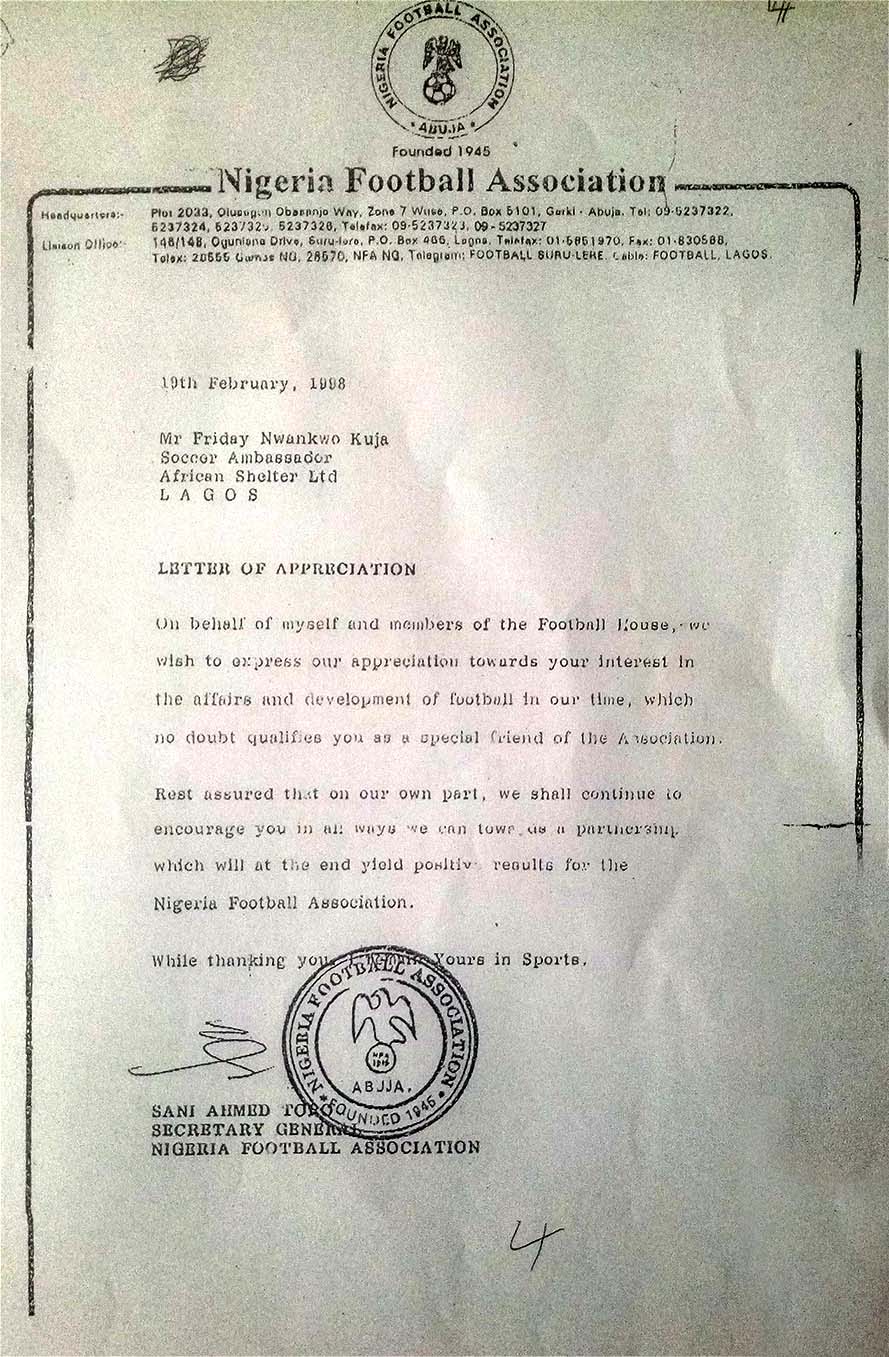
As a result, particularly because of the regulatory and supervisory issues around obtaining and holding a banking licence, fintech companies often find it convenient to team up with existing banks and other financial institutions to offer this type of service. In order to be able to take deposits, the fintech company will need one form of banking licence or another from the CBN. Fintech companies develop mobile applications that are able to analyse spending habits and periodically monitor cash flow, diverting small amounts into a separate account as savings. Personal finance: Several fintech companies and some banks now offer personal savings solutions which are available on mobile phones. These lenders are gaining market share from microfinance banks and other retail banking divisions of traditional banks.

These lenders aim to provide retail loans for individuals and small and medium-sized enterprises (“SME”) loans, and actively use machine learning and data science for credit analysis and approval. For websites that offer mobile lending, the application and review process is completed online or on mobile phones, and loans are mostly provided without collateral. The ability to provide loans through a digitalised lending process has made mobile lending more attractive. The lenders are able to leverage payment data to determine lending risk more easily and to conduct the Know Your Customer requirements before disbursing loans. Lending: As a result of the impact of COVID-19 on the economy, we have seen a rise in mobile lending in Nigeria. This is novel to the payment system and is helping to facilitate inter-African trade and transactions in Nigeria and Africa.
FOOTBALL RULES AND REGULATIONS IN NIGERIA FREE
In a bid to facilitate the implementation of the African Continental Free Trade Agreement (“AfCFTA”), boost cross-border transactions across Africa and facilitate payments for such transactions, on 11 th October 2021 the CBN issued Guidelines on the Operations of Pan African Payments and Settlement System in Nigeria (the “PAPSS Guideline”). Some of the changes introduced by the MMS Guidelines include the introduction of savings wallet services which a Mobile Money Operator (“MMO”) can only provide after it has first notified the CBN and obtained its “No objection”. These replaced the 2015 CBN Regulatory Framework and Guidelines for Mobile Payment Services in Nigeria. The CBN also released the new Regulatory Framework for Mobile Money Services in Nigeria (“MMS Framework”) and the new Guidelines on Mobile Money Services (“MMS Guidelines”) in Nigeria. We believe that the QR Framework was in response to the COVID-19 pandemic and social-distancing measures, which necessitated the demand for reliable touch-free payment options. QR Codes present another avenue for promoting electronic payments to micro and small enterprises. In addition, many licensed banks have also updated their mobile applications to enable customers to utilise QR Codes as a payment method.

Fintech companies are able to offer the option of making payment by scanning the QR Code. As a result of the QR Framework, QR Codes can be used to present, capture and transmit payment information across payments infrastructure in Nigeria.
FOOTBALL RULES AND REGULATIONS IN NIGERIA CODE
Further to the PSV, on 13 th January 2021 the CBN released the Framework for Quick Response Code Payments in Nigeria (the “QR Framework”). One of the recommendations of the PSV 2020 was to encourage electronic payment and processing methods. Following the release of the Payments Systems Vision 2020 (“PSV 2020”) of the Central Bank of Nigeria (“CBN”) in 2007, Nigeria has witnessed an increase in the number of mobile and electronic payments solutions. Mobile payments: The payments and remittance subsector is the most prevalent subsector of the fintech sector in Nigeria and has become a source of investment in Nigeria. Mobile payments, payment processing, mobile lending and personal finance are the most prevalent types of fintech businesses in Nigeria. payments, asset management, peer-to-peer lending or investment, insurance and blockchain applications)?

Are there any notable fintech innovation trends of the past year within particular sub-sectors (e.g. 1.1 Please describe the types of fintech businesses that are active in your jurisdiction and the state of the development of the market, including in response to the COVID-19 pandemic and ESG (Environmental, Social and Governance) objectives.


 0 kommentar(er)
0 kommentar(er)
